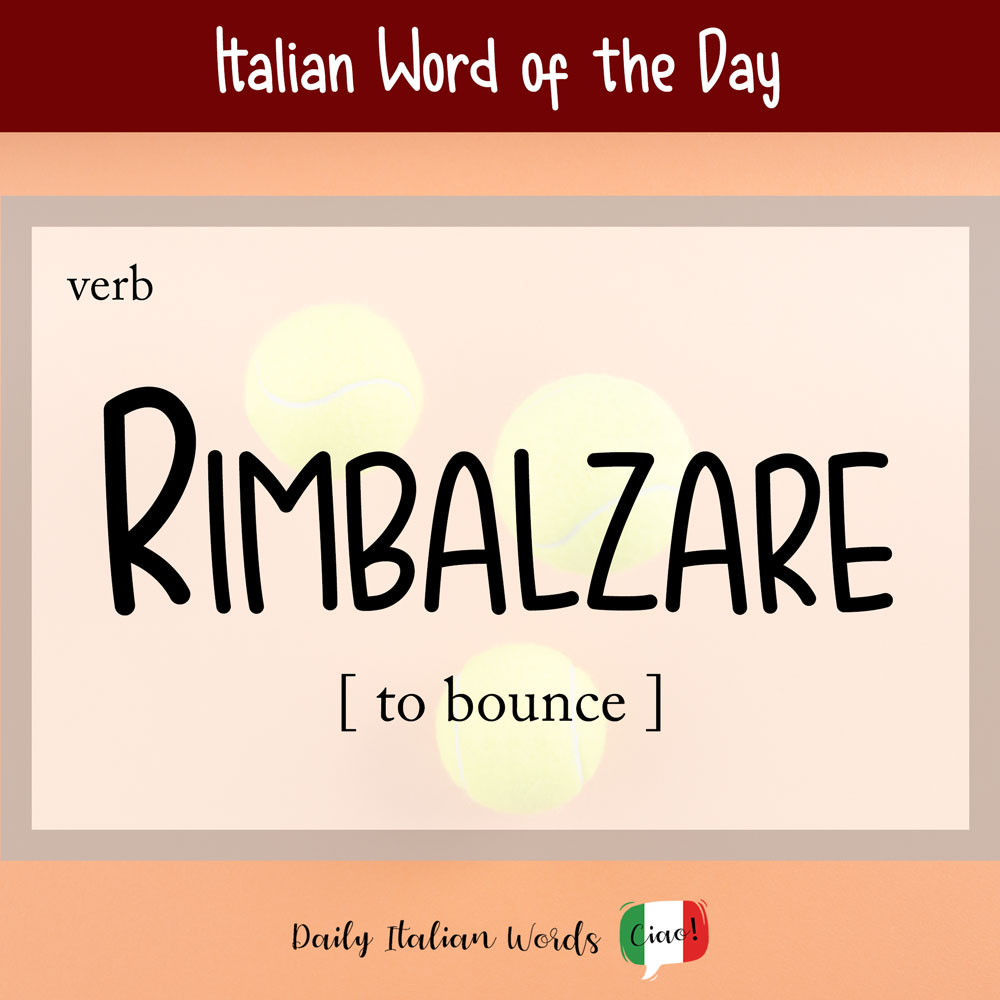Italian Word of the Day: Tigre (tiger)
The word for tiger in Italian is the feminine noun tigre (plural: tigri) which derives from the Latin tigris. It remains feminine regardless of whether you are talking about a male tiger (una tigre maschio) or a female tiger (una tigre femmina). It is the largest of the so-called big cats (grandi felini) that make …






